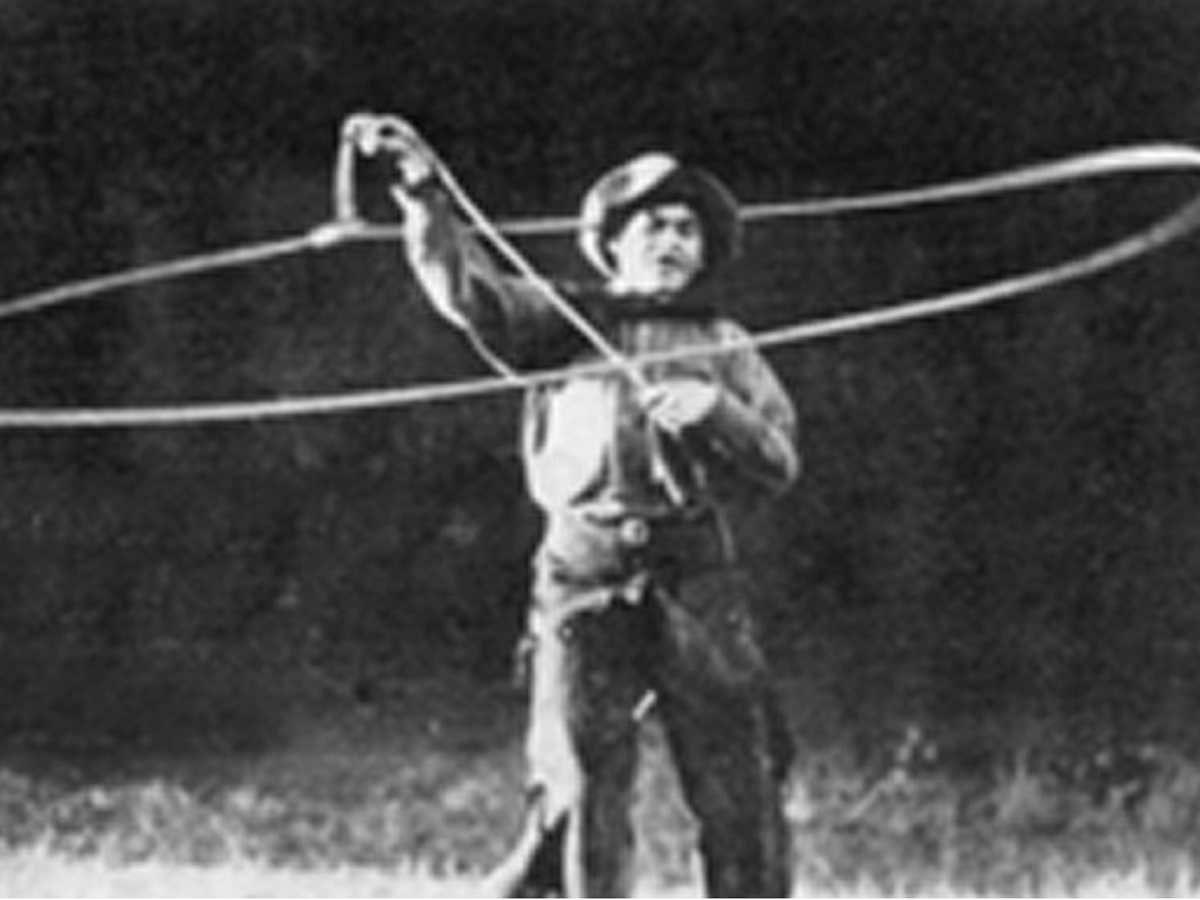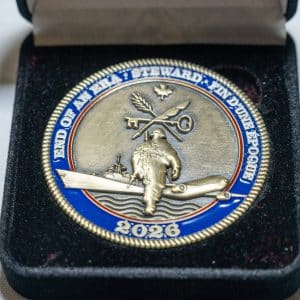
Henry Norwest’s grave marker. (Glenbow Archives)
Glenbow Archives,
Canada.ca
—
One of the most famous Canadian snipers in the First World War was a Métis marksman who went by the name of Henry Louis Norwest. Norwest was born in Fort Saskatchewan, Alberta, of French-Cree ancestry. In his nearly three years of service with the 50th Canadian Infantry Battalion, the lance-corporal achieved a sniping record of 115 fatal shots. The former ranch-hand and rodeo performer also merited the Military Medal and bar, making him one of roughly 830 members of the CEF to be awarded this double honour.
Norwest’s career in the army did not begin so gloriously. He enlisted in January 1915 under the name Henry Louie, and was discharged after three months for misbehaviour. Eight months later, he signed up again, under a new name and with a fresh slate. Ultimately, Norwest proved to be an inspiration to his unit. A fellow soldier wrote of him:
Our famous sniper no doubt understood better than most of us the cost of life and the price of death. Henry Norwest carried out his terrible duty superbly because he believed his special skill gave him no choice but to fulfil his indispensable mission. Our 50th [Battalion] sniper went about his work with passionate dedication and showed complete detachment from everything while he was in the line . . . . Yet when we had the rare opportunity to see our comrade at close quarters, we found him pleasant and kindly, quite naturally one of us, and always an inspiration.
Sniping was a hazardous infantry role. Most snipers worked in pairs, with one partner shooting and the other observing—scanning the surroundings and reporting enemy movements. It is said Norwest possessed all the skills required of a sniper: excellent marksmanship, an ability to keep perfectly still for very long periods and superb camouflage techniques. Much of his time was spent in No Man’s Land, the dreaded area between opposing forces. As well, Norwest and his observer often slipped behind enemy lines.
The battalion’s star marksman earned the MM in 1917 at a peak on Vimy Ridge dubbed “the Pimple.” The Canadian Corps, part of a massive Allied offensive, was tasked with capturing the Ridge. Although previous Allied attempts to take it had failed, the elaborately planned Canadian assault succeeded. Most of the Ridge was taken on the first day, April 9. Three days later, the two remaining enemy positions, including the Pimple, were conquered.
According to his award citation, Norwest showed “great bravery, skill and initiative in sniping the enemy after the capture of the Pimple. By his activity he saved a great number of our men’s lives.”
The following year, Norwest was awarded a bar to his MM. It is not known why, and in August 1918, his bravery was again evident. During the Battle of Amiens, in France, Allied forces advanced 19 kilometres in three days. For his part, Norwest destroyed several enemy machine-gun posts and achieved a sniping record that was a battalion high.
A week later, the 50th Battalion was moving into position for its next assignment when the sharpshooter held his final post. On August 18, three months before the war ended, Norwest and two others were looking for a nest of troublesome enemy snipers. A sniper’s bullet hit the Métis marksman, killing him instantly. For the members of his battalion, a genuine hero had been lost.
Like Pegahmagabow, Henry Norwest developed an impressive reputation as a sniper during the war. The former rodeo performer and ranch-hand was considered a hero by other members of the 50th Battalion. They were stunned when he was killed by an enemy sniper three months before the war ended.

Henry Norwest. Photos Canada.ca







